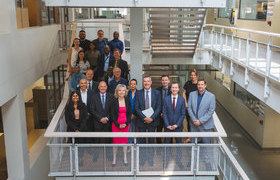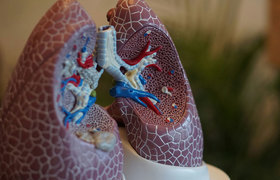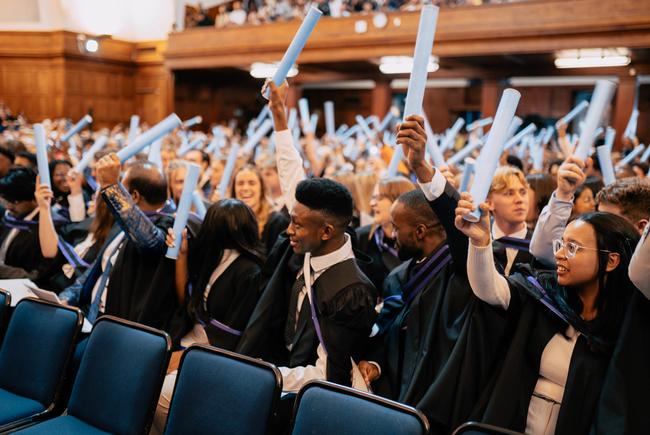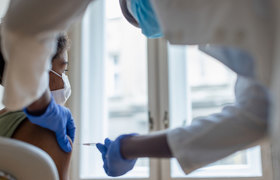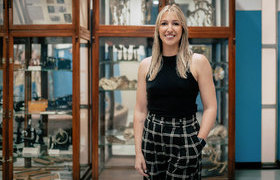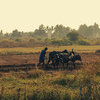Student surgeons climb Kili for dialysis machine
12 September 2017 | Story Yusuf Omar. Photo Wikimedia Commons. Video Saadiq Behardien.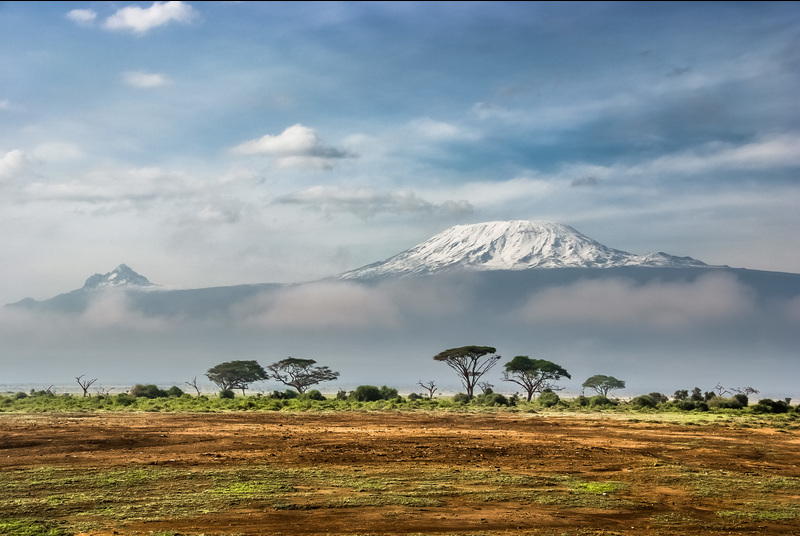
UCT’s Surgical Society is planning to summit the daunting Mount Kilimanjaro this December to raise funds to buy a life-saving kidney dialysis machine for Groote Schuur Hospital.
Because there’s only one renal dialysis machine at Groote Schuur Hospital at the moment, some patients, tragically, have to be turned away, said Nicholas Loxton, a member of the society and organiser of the climb.
“It’s really heartbreaking that some patients have to be turned away, with the result of [some of] them actually dying because there aren’t enough renal dialysis machines to look after them,” said Loxton.
“It’s really sad, and the fact that a committee can get together and decide who gets to use the dialysis machine and who gets sent home … it’s something that’s not very comfortable. If we can do something to change that, that would be awesome.”
The Surgical Society originally decided to raise awareness about the shortage of kidneys that are available for transplant, which is the definitive treatment for in-stage kidney disease.
“But a more temporary solution and a way to see results now is to raise money for a haemodialysis machine for the hospital, and that way we can have one fewer patient every week or so sent home to basically die,” said Loxton.
An impossible question
It’s an almost impossible question to answer, but how do students deal with losing patients in this way?
“Speaking to the older students and to the nephrologists who are part of this committee, it seems to be something that you never quite get used to and it’s always a tough decision,” he said.
“It’s not made any easier by the kind of difficulty in understanding it from a patient’s perspective. I mean, to be told that, ‘Sorry, we’re going to turn you away because you don’t fulfil A, B, or C criteria,’ is quite difficult. Some of the staff on this committee have been sent death threats.
“It’s a bit of a tricky situation because the staff have to make these terrible decisions. On the other end you’ve got a patient who of course can’t understand why they’re being sent away because there is no real reason. I mean, if there was a machine that could cater for them or they could afford to go to private [hospitals], they could live.”
A haemodialysis machine costs about R180 000.
Far too often, said Loxton, when patients who have been on the waiting list are called to say their turn with the dialysis machine has finally arrived, they have already perished. Only a third of the patients who come to Groote Schuur can get dialysis treatment, he said. The others are sent home.
Amy Booth, president of the Surgical Society, said that the society had initially focused on research and education, and that outreach projects like this one were a fairly recent addition to their work.
“We have outreach events maybe once every quarter,” said Booth. “We have big events like Nick’s Kilimanjaro hike; we had the organ donation week last semester; and so on.”
The society hopes that they’ll raise enough money not just to fund their climb and buy the machine, but to help run it as well.
For more information, or to donate to the fundraising drive, please contact Nicholas Loxton.
 This work is licensed under a Creative Commons Attribution-NoDerivatives 4.0 International License.
This work is licensed under a Creative Commons Attribution-NoDerivatives 4.0 International License.
Please view the republishing articles page for more information.
Research & innovation
